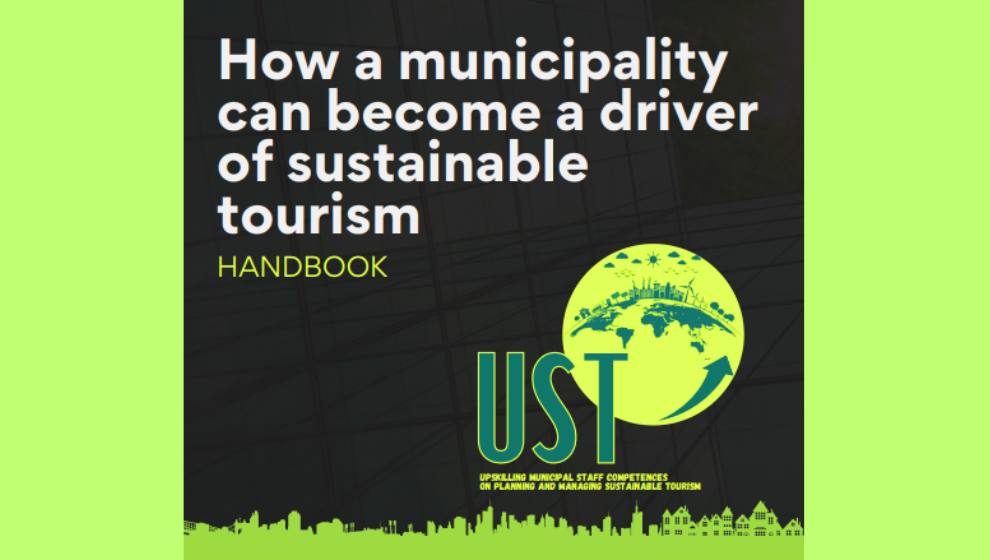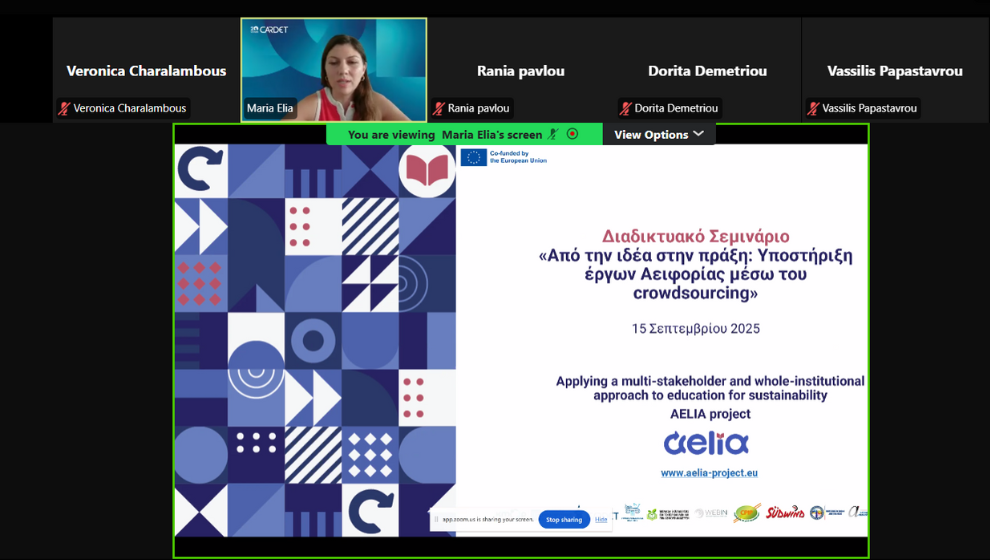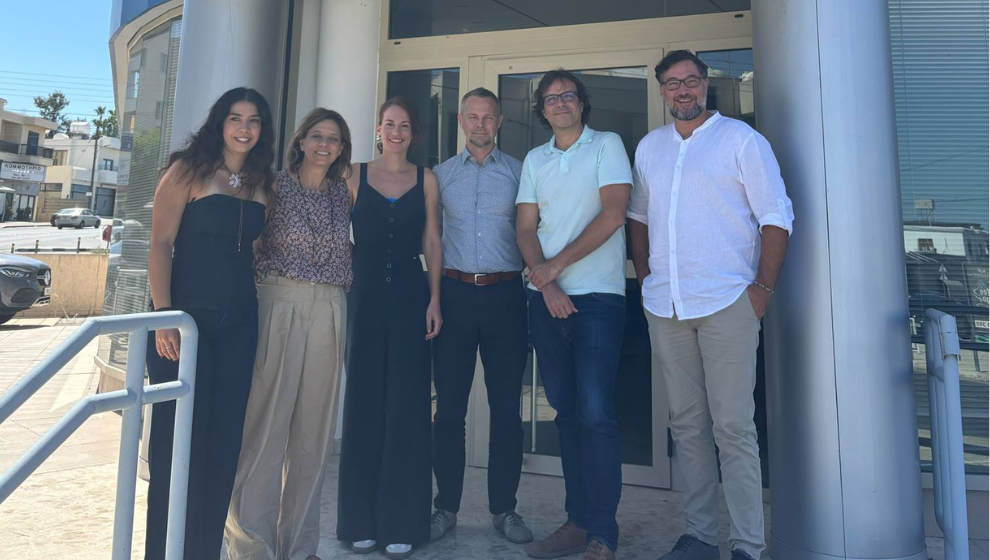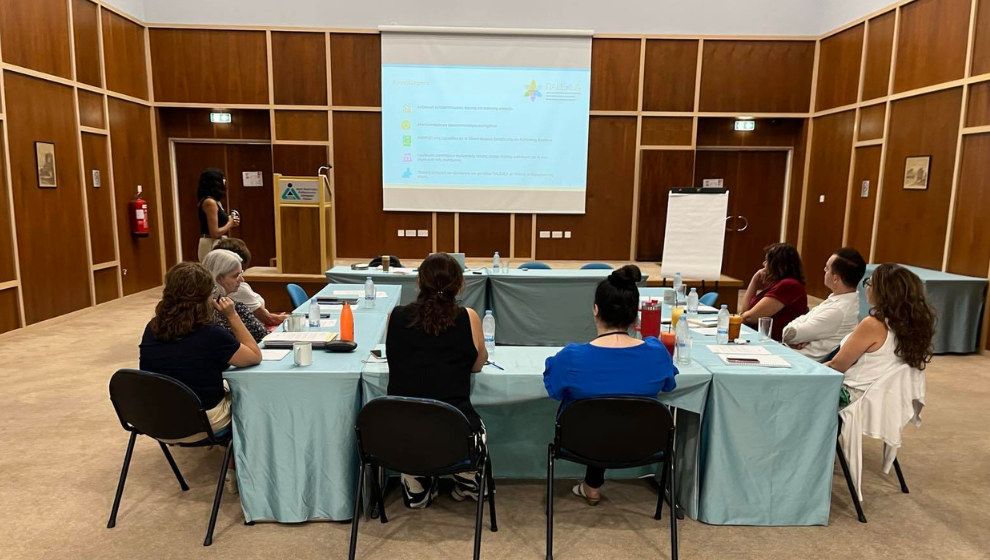UST: New Handbook Empowers Municipalities to Lead in Sustainable Tourism Development

As European cities face increasing environmental and socio-economic pressures, the role of municipalities in shaping responsible tourism has never been more critical. The UST Project (Upskilling municipal staff competences on planning and managing sustainable tourism) has now published a comprehensive Handbook to support medium-sized cities in becoming effective drivers of sustainable tourism.
Funded by the Erasmus+ Programme (2022–2025), the UST project brings together partners from Sweden, Italy, Cyprus, and Spain with a common goal: to strengthen municipal capacities through targeted training, practical tools, and knowledge exchange.
At the heart of this effort is the UST Handbook, a rich and practical guide designed to:
- Help municipalities assess their sustainability performance through a dedicated self-assessment framework;
- Showcase concrete examples and good practices from European cities;
- Provide strategic insights on aligning tourism planning with the UN Sustainable Development Goals (SDGs);
- Encourage interdepartmental collaboration and long-term, community-centered approaches.
The Handbook presents not only theoretical concepts but also real-life experiences and reflections from cities such as Falköping, Scandiano, Xixona, and Kalmar, where local authorities have successfully linked tourism to broader goals like biodiversity, inclusion, local identity, and social equity.
More than a manual, the UST Handbook offers a mindset shift: placing sustainability at the core of municipal governance and viewing tourism as a shared, long-term investment in people and place.
Read more about the project here.



